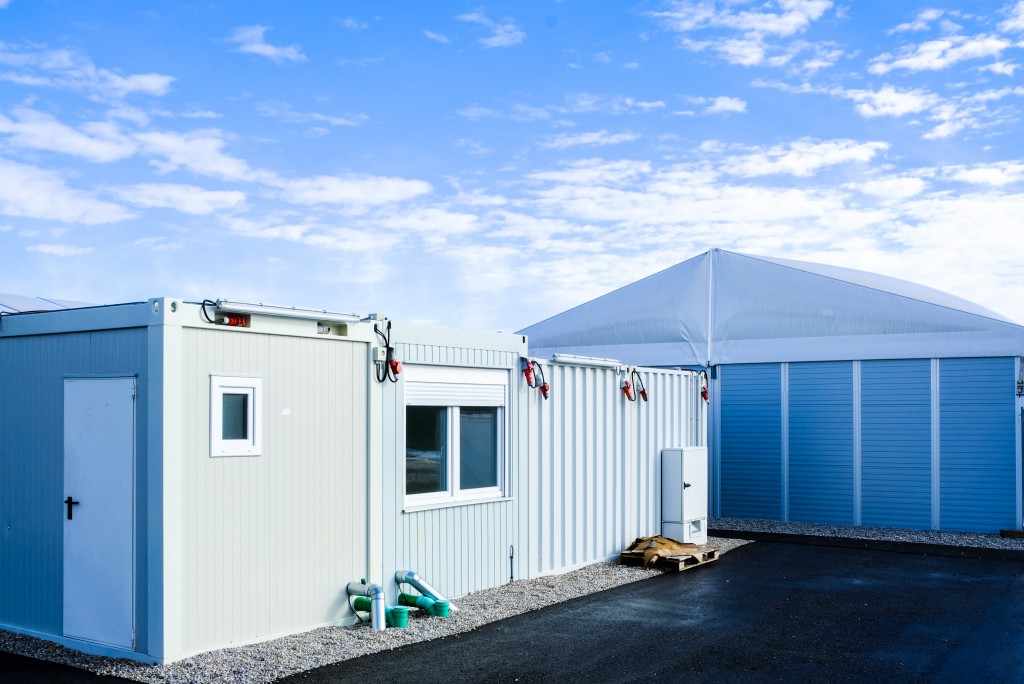If you’ve looked through a variety of different lifestyle and construction magazines, you’ll notice that container homes have been steadily rising as a trend. That isn’t a surprise when almost all businesses have been riding the “green” bandwagon for years.
Many businesses and homeowners have been using container homes as an “eco-friendly” alternative to having a traditional home building plan. But as most engineers and architects know, the function should be a priority when constructing a sturdy home.
Still, there’s an ongoing debate on whether container homes are worth your investment or not. While having container homes to have some advantages, how does it live up to being compared to your traditional home? Will it have the same amount of durability? Is it eco-friendly?
We’ll be clearing up any uncertainties about container homes and providing much-needed information on the matter.
Why Should You Get Container Homes?
There’s a multitude of different reasons why most container homes are steadily going on popularity. Here’s what you should know:
Easy To Transport
Containers are generally designed for easy transportation and can be easily transported from one place to another. There’s a universal container tracking system that most companies and individuals use to track certain deliveries.
So if you’re looking for some good land to settle in, there’s a wide plethora of land for sale that you can choose from.
Cost-Effective
Besides being a popular choice, container homes are a budget-friendly choice since most are pre-manufactured and modular. It results in lower construction and annual maintenance cost.
When it comes to maintenance, the general rule of thumb is that the larger the size of your home, the higher the maintenance cost. But with container homes, it’s easier to maintain a house where everything is in view.
Why Shouldn’t You?
Now that we know why we should be getting container homes, what are the reasons we shouldn’t be getting these homes in the first place?
Here are some rebuttals from professionals who have something to say on the matter:
Not Designed For Housing
Naturally, we want a home that’s can withstand the elements for decades to come. Most construction materials manufactured explicitly for building homes have unique properties, such as water-resistance and being able to withstand extreme amounts of external pressure. While containers are durable, it’s not necessarily meant to last decades.
To put it into perspective, a traditional house made with durable materials will last 70 to 100 years while a container will have an average lifespan of around ten to 12 years.
There’s more to construction than just making your home durable and long-lasting. Most engineers and architects will have to take into account several parts of your home when weighing-in on insulation, HVAC, versatility against weather conditions, and impact resistance. While container homes are designed to be durable, containers are ultimately used to store consumer goods.
Limited Size
As to what we have discussed in the previous point, insulation, HVAC, and other maintenance equipment will need the right amount of space. A traditional home will be more flexible and lenient in terms of size, and adjustments can usually be made without any problem. However, a container home can be restricting in terms of its size.
Containers are usually compact to easily fit into a train, container trucks, and ships that export and import products, so it’s only logical that it has a limited size.
Safety Hazard

Most individuals will be using container homes until it’s at the end of its lifespan as a way of saving up on cost while also “helping the environment.” In reality, shipping containers, especially used ones, are known for high chemical waste levels. Since most containers are transported using large ships, they need to be painted with lead-based paint, so they don’t rust that easily. But as time goes by, rust can still form if your container home is not maintained well.
In terms of structural integrity, most containers that get dented will usually have a decreased lifespan, which will affect most of the structure. That also happens when homeowners will cut windows and doors into their container homes.
Most experts say that a container that has already been used for ten years is a safety risk. That said, it isn’t necessarily an eco-friendly choice.
In summary, container homes are quite cost-effective if you’re looking for a home that you can reside in for a decade or two. However, there are still some drawbacks that need to be addressed.
Is it green? It’s not an eco-friendly choice since it produced toxic waste that’s detrimental to both human health and the environment. There are most eco-friendly materials that are available in the market. While container homes are still a cost-effective and viable choice, it’s best to remember that it does have a limited lifespan.

